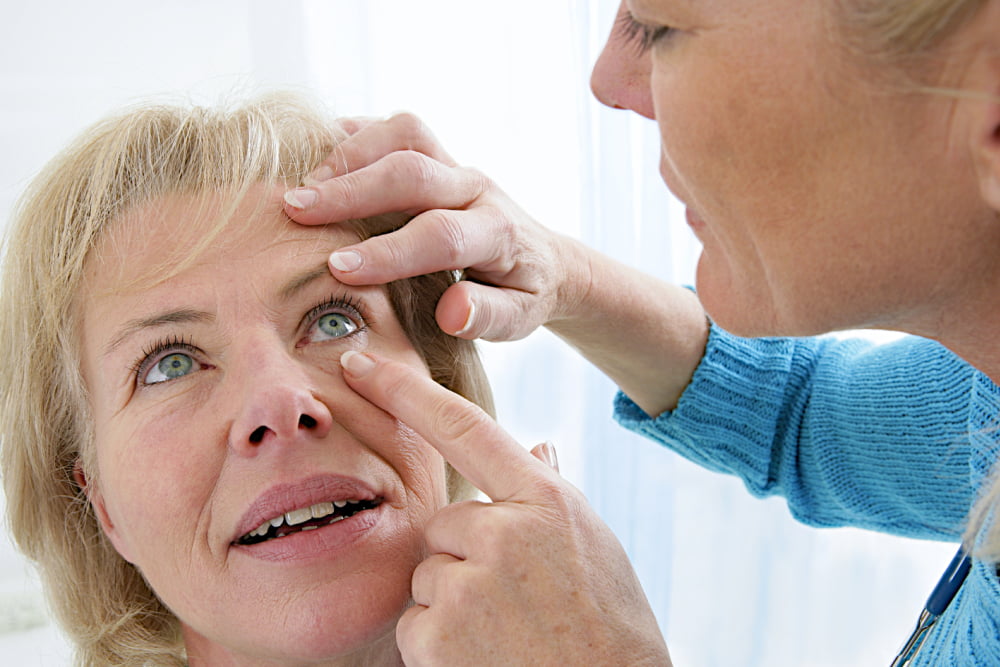
10 early warning signs of age-related macular degeneration
Age-related macular degeneration is a progressive eye condition that causes damage to the macula, or the part of the retina located at the back of the eye. This disease typically affects individuals aged 50 years and above. Early diagnosis and treatment of age-related macular degeneration can help manage its symptoms and maintain one’s eye health. Here are some early warning signs of age-related macular degeneration (AMD) that one should not ignore.
Blurred vision
One of the most common early signs of AMD is blurry vision, which occurs due to the leakage of blood or fluids from blood vessels into the macula.
Inability to recognize familiar persons
AMD severely affects one’s central vision, which is responsible for enabling recognition. Therefore, persons with AMD may be unable to recognize familiar faces, even those of close family members and friends.
Straight lines appearing wavy
The central vision enables one to recognize and differentiate shapes, lines, colors, etc. Patients with AMD, whose central vision is compromised, may perceive straight lines as wavy.
Difficulty perceiving and differentiating colors
The macula consists of multiple photoreceptor cone cells, which facilitate the perception and differentiation of colors. Since AMD causes damage to one’s macula, persons with this condition may be unable to perceive or differentiate between colors and shades.
Sleep problems
Several studies have found that AMD increases the prevalence of sleep issues like sleep apnea and insomnia and typically reduces one’s quality of sleep. Hence, sleep issues combined with other AMD symptoms may indicate the onset of the condition.
Blind spot in the central vision
Compromised central vision due to AMD may cause the development of a blind spot in the central vision. Consequently, patients with AMD may find it challenging to carry out even basic daily activities.
Trouble reading and writing
Reading and writing abilities may progressively diminish among individuals with AMD, as objects begin to appear faded. They may also face difficulties in reading text written or printed in small font sizes.
Problems with balance
AMD causes problems with balance and coordination due to compromised vision. Therefore, it is essential to fall-proof one’s home to prevent any accidents.
Difficulty seeing clearly in poorly lit environments
Persons with AMD may not be able to see clearly in areas that are dimly lit. So, they may find it difficult to walk, drive, or ride on the streets at night or find objects in dimly lit places.
Headaches
Headaches among patients with AMD are often caused by pressure exerted on the eyes while performing one’s daily activities. Thus, when headaches are accompanied by other AMD symptoms, one should visit an ophthalmologist immediately.
Besides consulting a healthcare professional promptly, persons with AMD should follow certain lifestyle changes, such as having foods rich in beta-carotene, exercising regularly, and staying hydrated to heal steadily from the condition.







